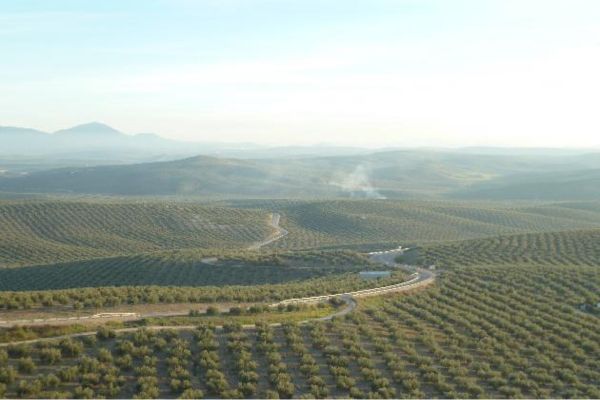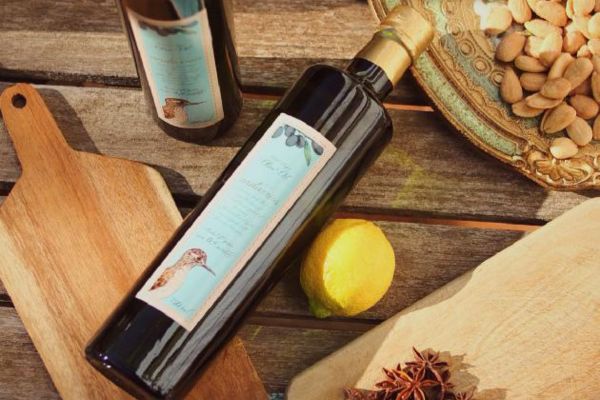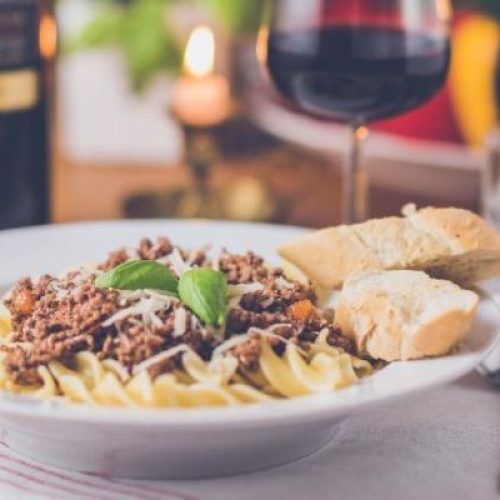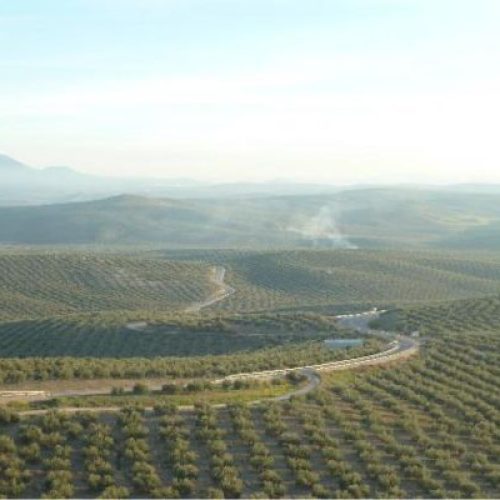Extra virgin olive oil
It is a top grade olive oil synonymous with superior quality, with a very fresh flavour containing the majority of antioxidants and polyphenols. It is also more expensive and is normally used in dressings or to top off dishes, as well as for cooking itself. In order to comply with the standards of the International Olive Oil Council (IOOC), an extra virgin olive oil should be made from fresh olives processed quickly following harvest and the oil should be removed mechanically, without using solvents, at a temperature not exceeding 28 °C. It must not be mixed with other oils or pomace (leftovers from milling) and must pass the laboratory and flavour tests of the IOOC. The acidity of extra virgin olive oil should not exceed 0.8%
Virgin olive oil
This is an intermediate-quality oil, generally found in Europe. It has certain flaws, such as having virtually no fruity flavour or a rancid or humid flavour, that renders its designation as extra virgin olive oil impossible. The acidity of virgin olive oil should not exceed 2%
Olive oil or pure olive oil
This is the olive oil that has been refined to remove flaws. Virtually odourless and tasteless, refined oil is mixed with a little extra virgin olive oil for flavour. It is cheaper than extra virgin and a good choice for cooking dishes that don’t require a strong olive oil flavour.
Pomace olive oil
This oil is the lowest quality oil in terms of its suitability for consumption. It is produced from excess residue from earlier pressed olive. It is refined using solvents and mixed with a little extra-virgin olive oil.
Grape seed oil
Thanks to its nutritional and medicinal properties, the grapes, their seeds and leaves have been used for centuries in home remedies. Grape Seed Oil is an important source of polyphenols, flavonoids, essential fatty acids- linoleic acid, vitamin E, and oligomeric proantocyanidins. These components have used as treatments for many minor health problems.
Sunflower oil
Sunflower oil, which is natural and healthy, is produced from sunflower seeds, which contain more vitamin E than any other vegetable oil. The oil is light in terms of taste and appearance, is a combination of mono-unsaturated and polyunsaturated fats with low levels of saturated fats.
If you want to receive more information about the different types of oils, drop us an email at info@lpglobal.eu








